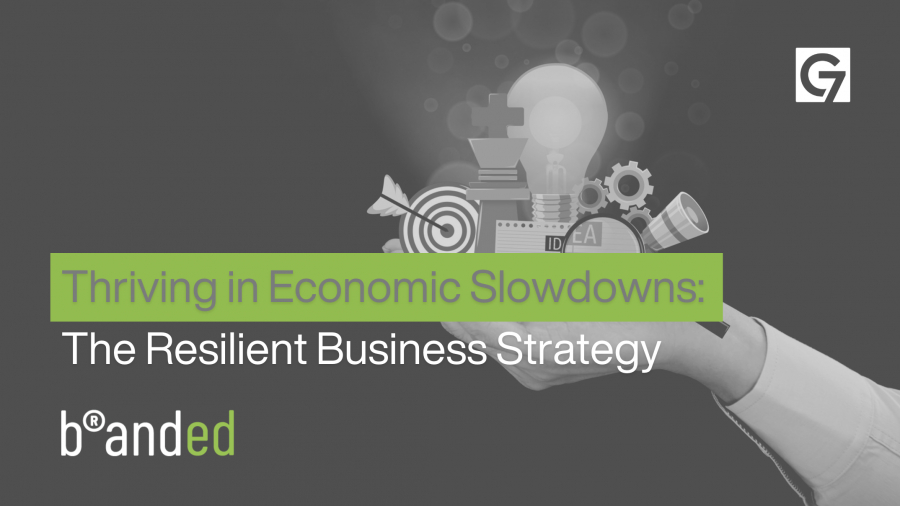Key Strategies During Financial Dips:
Economic downturns, while daunting, often serve as catalysts for innovation, pushing businesses to forge deeper connections with their clientele. Those brands that display adaptability, a customer-centric approach, and a willingness to evolve are the very ones that rise robustly when economies bounce back.
- Targeting and Segmentation: Homing in on your core audience, ensuring messages resonate with their immediate needs and concerns.
- Value Proposition: Highlighting the unique value your products or services offer, especially when consumers are keen to get the most out of every dollar.
- Digital Marketing Prowess: In times of budget restrictions, channels like social media, email, and SEO become indispensable due to their cost-effective nature and precision in targeting.
- Customer Retention: Prioritize building and fortifying relationships. Remember, keeping a loyal customer is often more economical than acquiring a new one.
- Agility and Adaptability: Stay vigilant of market nuances and demonstrate flexibility in reshaping strategies accordingly.
Real-life Adaptations:
Local Restaurants & COVID-19: The pandemic posed significant challenges for restaurants. The most resilient ones amplified their digital presence, pivoting to takeout and delivery services, and even spearheaded virtual events to foster a sense of community.
Retail Adaptations: Many retail clients, grappling with reduced in-store footfalls, leaned into targeted social campaigns and harnessed the power of user-generated content for authentic brand promotion.
B2B Shifts: As physical events dwindled, we witnessed a B2B client transition to hosting webinars, attending virtual trade shows, and bolstering their online content. This didn't just ensure survival but sparked new avenues for lead acquisition.
The unifying factor across these examples? Speedy adaptation, a profound grasp of customer needs, and the strategic use of digital platforms.
The Imperative Role of Marketing:
- Visibility: Brands need to remain in the consumer's purview, irrespective of budget constraints.
- Customer Relationships: Continual engagement ensures brands remain relevant and cherished.
- Market Share & Opportunity: As competitors may pull back, forward-thinking companies can secure a larger piece of the pie.
- Reputation Management: Upholding a sterling brand image is paramount, more so during tumultuous times.
- Data Collection: Persistent marketing affords businesses valuable insights into evolving customer preferences.
- Adaptation & Innovation: Challenges often nudge businesses towards inventiveness. Marketing is the bridge to introduce such novelties.
- Long-Term Vision: While curbing marketing might seem a short-term relief, it can throttle long-term prospects.
- Consumer Trust: Consistent communication and transparency can bolster consumer faith during uncertain times.
- Prepping for Sunshine: This storm, like all others, will pass. Those who've actively marketed will be better poised for the sunny days.
- Cost-Effective Digital Avenues: Embrace digital platforms for their budget-friendly yet impactful outreach.
To conclude, facing financial constraints might tempt businesses to slash marketing endeavors. However, it's crucial to discern that strategic marketing is less an expense and more an investment towards a brand's promising future.
Article by Michelle Andres, President of Group7even


